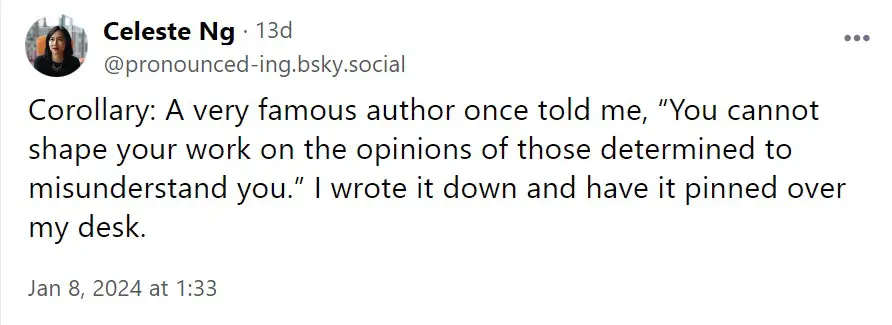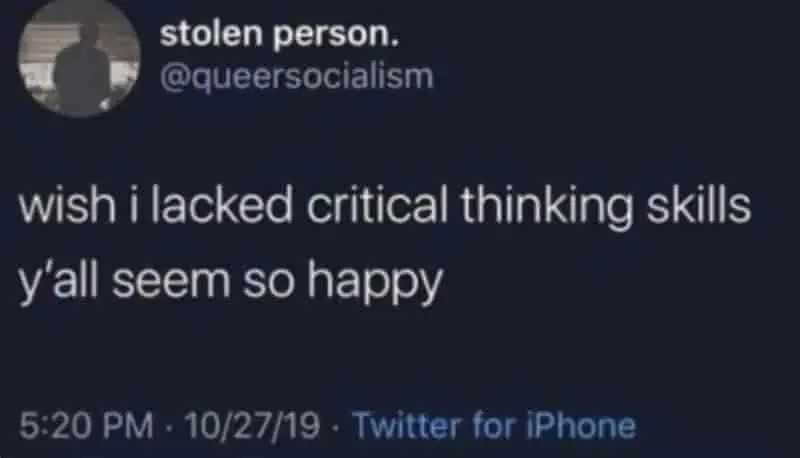What is the function of consumer reviews? Should we feel bad for posting negative takes on other people’s books? Do consumer reviews have a real impact on sales? To what extent? Is a review a work of art in its own right?
Beware the stories you read or tell; subtly, at night, beneath the waters of consciousness, they are altering your world.
Ben Okri
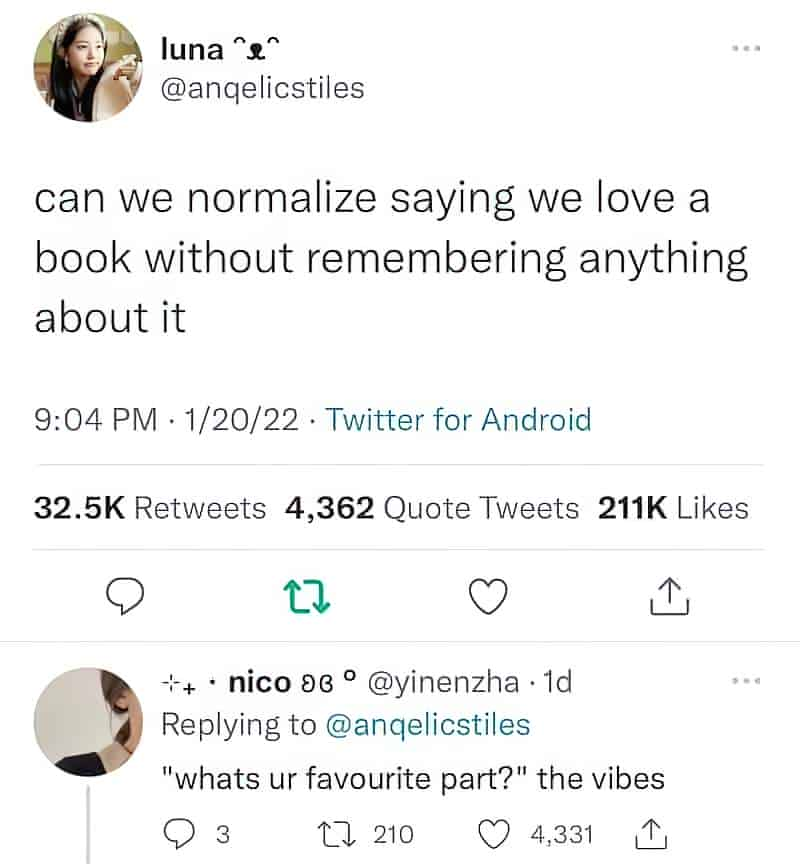
Below is a collection of thoughts about leaving consumer reviews on books.
THREE GUIDING QUESTIONS
The Three Guiding Questions technique comes from Tribune movie critic, Michael Phillips:
- What was the work attempting?
- Did it achieve it?
- Was it worth achieving?
If you are writing reviews for a wide audience, this is a great way to approach it. However, it does assume that the reviewer knows what the work was attempting. There’s also plenty of value judgement regarding the other two questions, and if someone with dominant identities critiques authors with marginalised identities, then it becomes highly doubtful about whether the reviewer understands enough of the real-world context.
THE PERSONAL RESPONSE REVIEW
At the other end of the scale, we have reviews which focus entirely on whether the reader personally enjoyed/understood the work at hand.
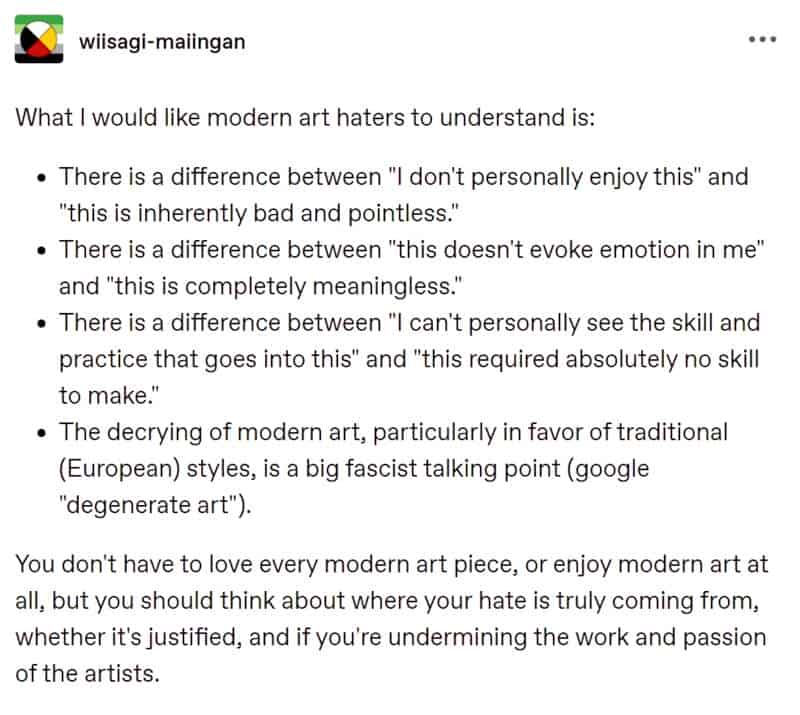
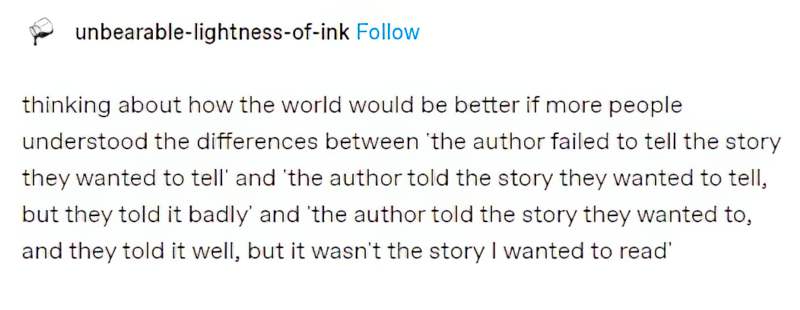
SOME REVIEWS ARE CUSTOMER SERVICE COMPLAINTS
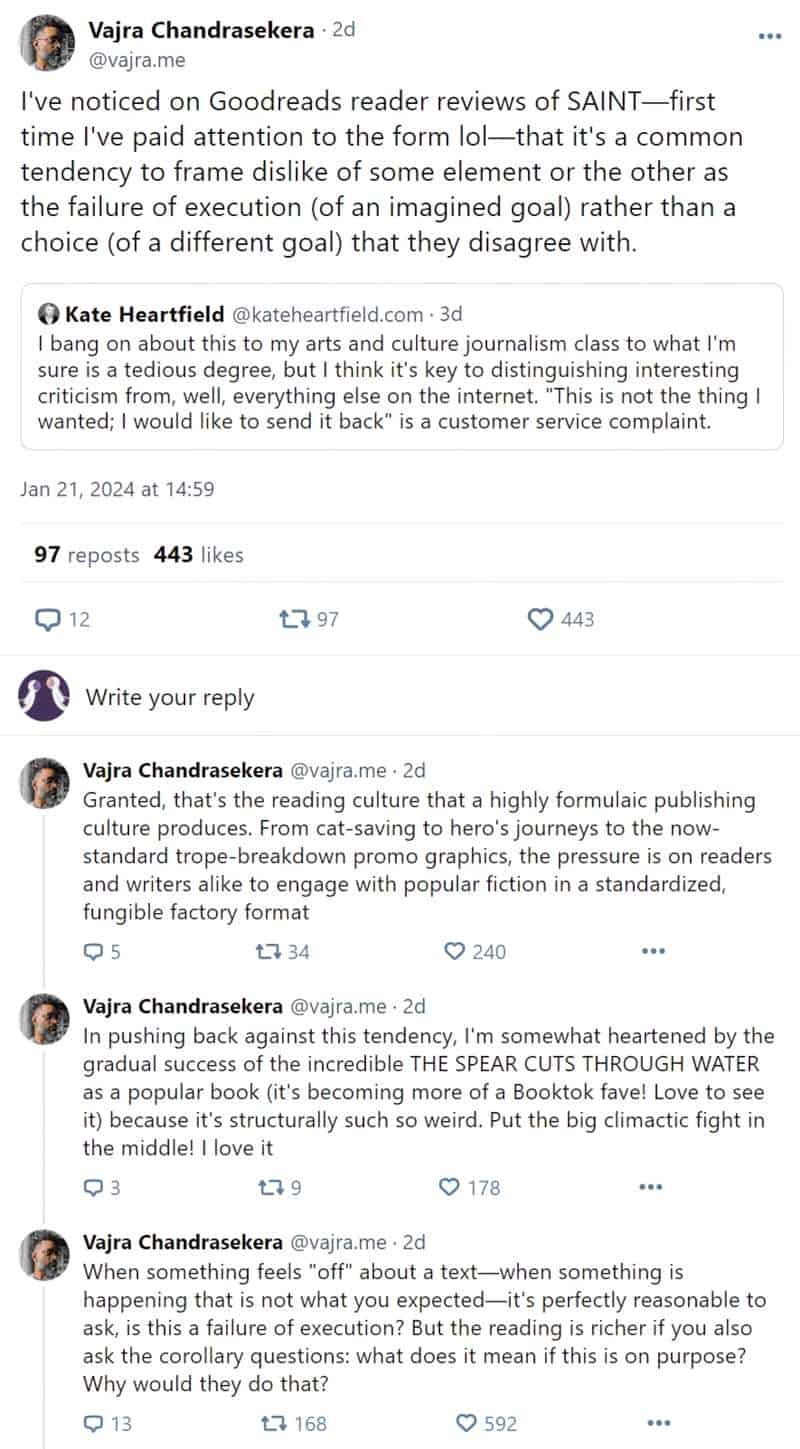
Alternative ways to phrase a review, acknowledging personal response:
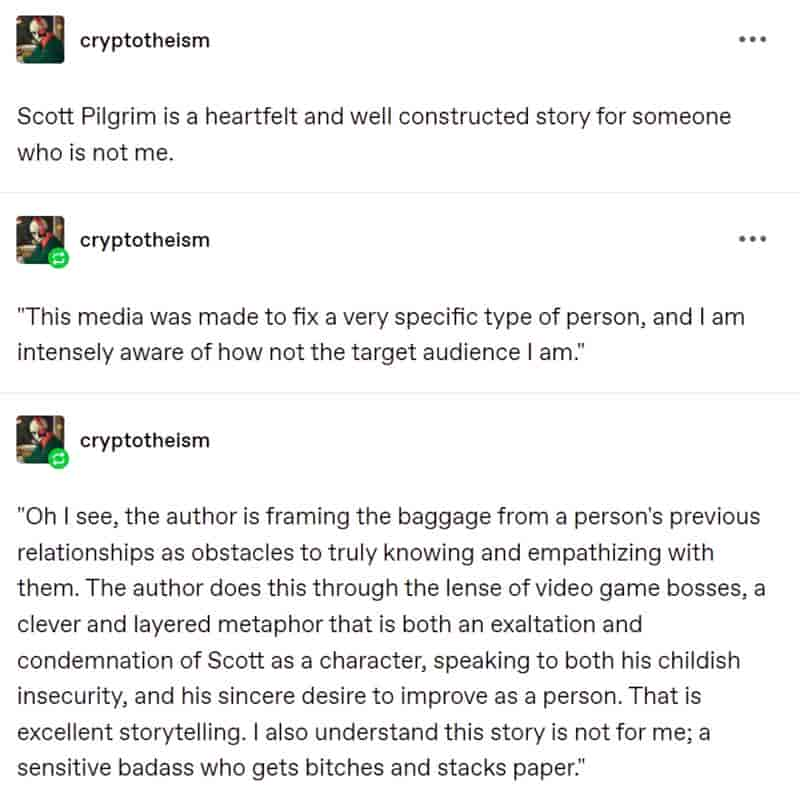
STAR RATINGS ARE BASICALLY USELESS
Because every reader has a very different idea about what the stars actually mean. I’ve seen readers wax lyrical about a book and then give it 3/5 stars.
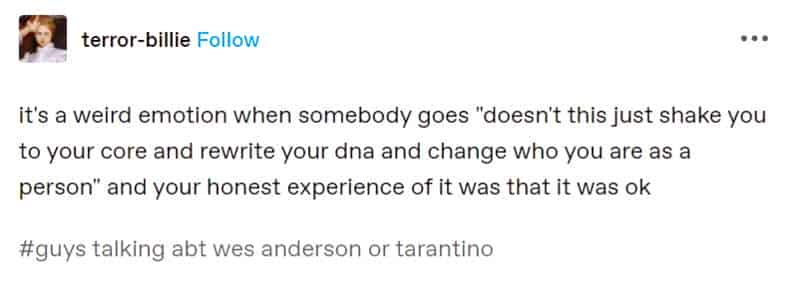
SOME REVIEWERS POSITION THEMSELVES AS GATEKEEPERS OF TASTE
This may be especially true when it comes to media for children, in which you get a lot of adults (especially parents/teachers) making value judgements based on what they feel children like and need.
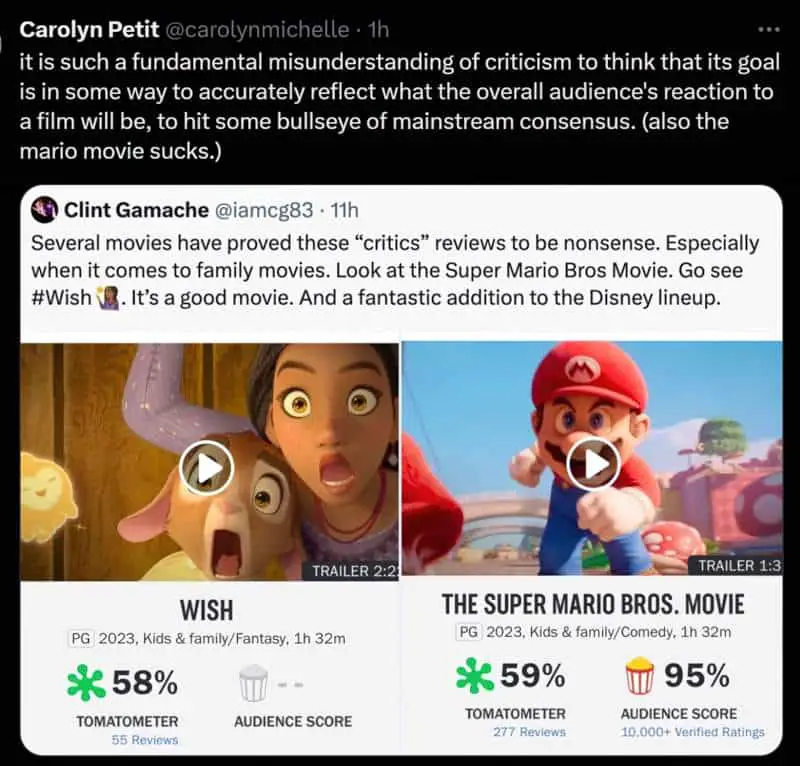
Why does children’s media get so much of this kind of attention? Partly it’s because of the notion that children mimic exactly what they read or see on screen.
AUDIENCES BRING PERSONAL EXPERIENCE WHICH IS WHOLLY OUT OF THE AUTHOR’S CONTROL

SOME REVIEWERS DON’T AGREE THAT ALL ART IS INHERENTLY POLITICAL
Every film is political. Most political of all are those that pretend not to be: ‘entertainment’ movies. They are the most political films there are because they dismiss the possibility of change. In every frame they tell you everything’s fine the way it is. They are a continual advertisement for things as they are.
Wim Wenders
It is, in fact, peculiarly difficult to take [entertainment films] seriously. The films themselves set up a deliberate resistance: they are so insistently not serious, so knowing about their own escapist fantasy/pure entertainment nature, and they consistently invite the audience’s complicity in this. To raise serious objections to them is to run the risk of looking a fool (they’re “just entertainment,” after all) or, worse, a spoilsport (they’re “such fun”). Pleasure is indeed an important issue.
Robin Wood, “Papering the Cracks: Fantasy and Ideology in the Reagan Era”
SOME REVIEWS ARE A RESPONSE NOT ONLY TO THE WORK AT HAND BUT TO OTHER, PREVIOUS REVIEWS
If reviews are overwhelmingly good, people who don’t like it will feel more justified in downgrading their own review. Ditto for the inverse.
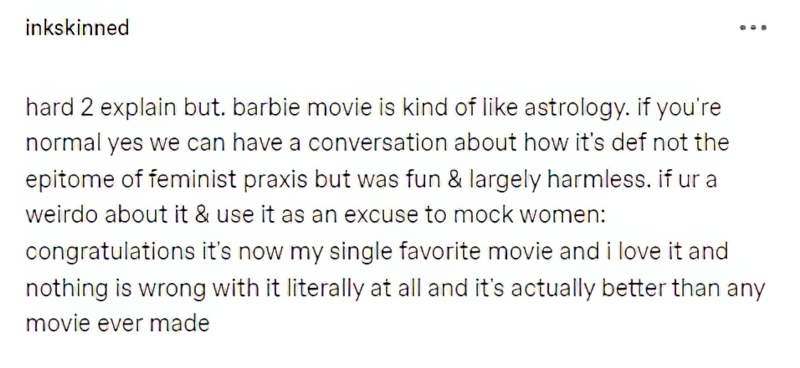
FOR AUTHORS
